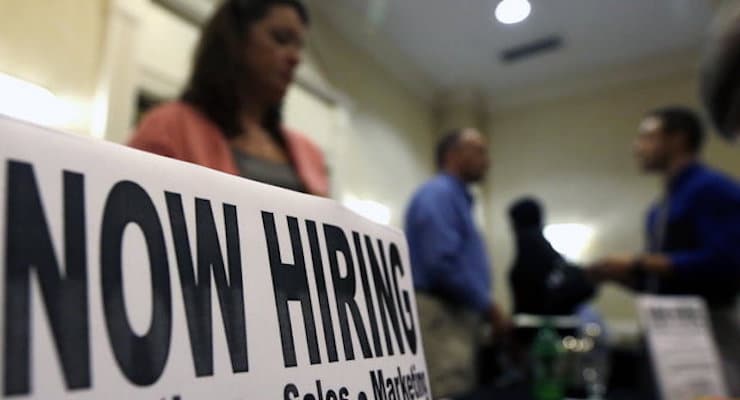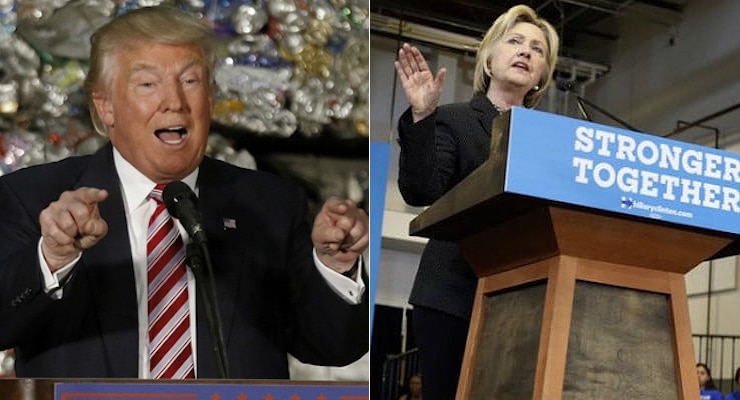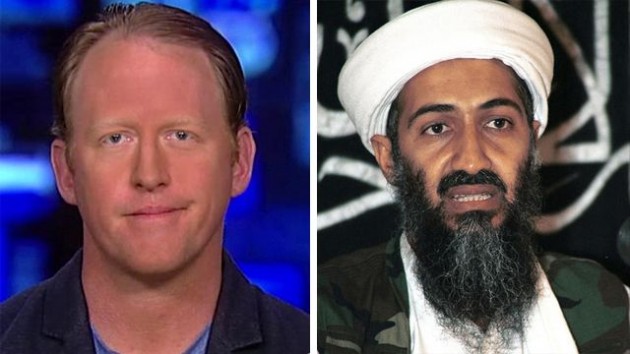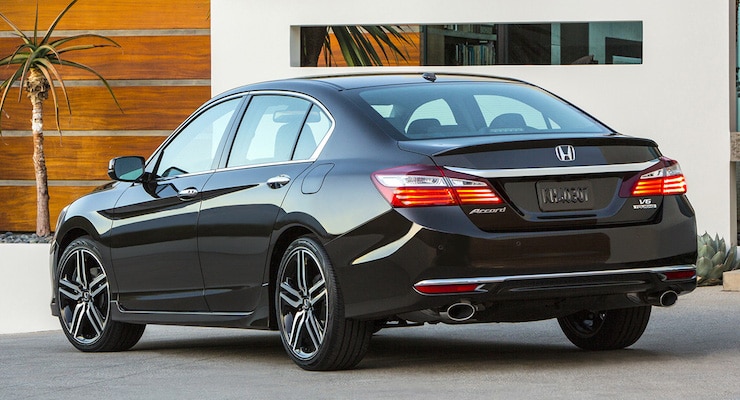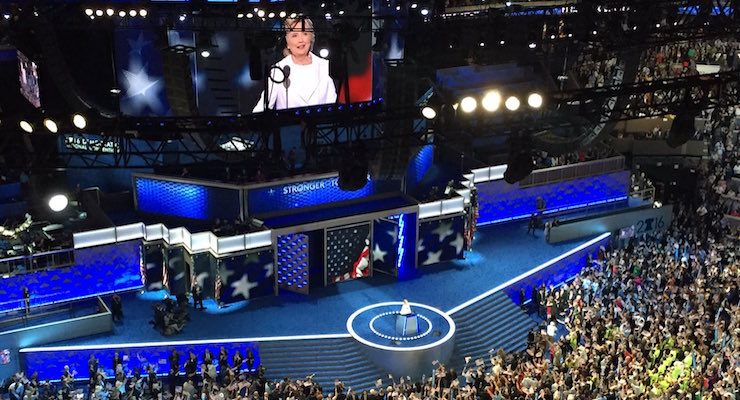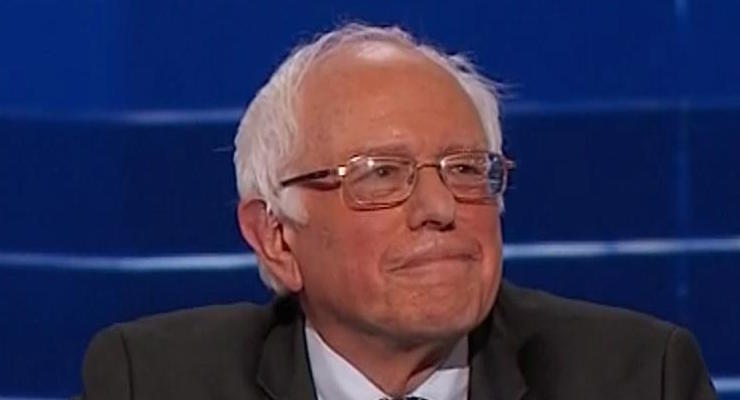
Vermont Sen. Bernie Sanders speaks to the Democratic National Convention in Philadelphia.
People often make fun of Bernie Sanders and his supporters, but with all this levity, we may be underestimating the seriousness of this political movement and what it signifies concerning our ongoing struggle for liberty.
At first, no one took Sanders’ candidacy seriously. After all, he’s an unapologetic, card-carrying socialist who would have been laughed off the political stage just a few years ago. Despite his buffoonish demeanor and style, Sanders began picking up substantial support from the beginning.
There is no question that Sanders’ competitiveness in the primaries shows how unappealing Hillary Clinton is, even among many on the left, and it could be argued that Sanders wouldn’t have fared so well against other viable Democratic candidates. I’m not so sure. Besides, are there other viable Democratic candidates? Where are they? Where were they?
No, Bernie didn’t arise in a vacuum. His far-left army isn’t merely some “Star Trek”-ish cult phenomenon. The Bern movement is just a conglomeration of the leftist malcontents who have been growing in influence in the Democratic Party since at least the George W. Bush years. At this point, people who are willing, even eager, to support a full-blown Commie are legion — and growing.
This is not surprising, given the daily onslaught of left-wing propaganda from Hollywood and the media and the relentless indoctrination in our public schools and universities. How could we expect this unanswered barrage not to produce poisonous fruit in our society, especially among young people?
Whether or not Sanders is or should be considered a laughingstock, the movement he is leading is real, and it is a sobering reminder of how far Americans have drifted from our founding principles.
Sanders’ Democratic National Convention speech would have been stunning just a few short years ago, but it was met with palpable enthusiasm on the floor. His supporters are so enthralled with his socialist ideas that they valiantly resisted even their leader’s calls for unity in supporting Clinton.
These people aren’t playing games. They are in open rebellion against the American idea and don’t bother to conceal it as Barack Obama and Clinton do. Though I am quite familiar with Sanders’ radicalism, I still felt as if I were in an alternate universe when listening to his words. Did you hear them? Did you catch the claims he was making?
The media complained about the “darkness” of Donald Trump’s speech because he was pointing out things that are wrong today — a military in decline, terrorism on the ascent, economic malaise, joblessness and a runaway national debt, among others.
If you want to describe that as dark, feel free, but are we supposed to survey the current landscape and pretend it is fine? I don’t think so. Part of the reason we are in this deplorable condition is that too many held their tongues when Obama was implementing his orchestrated national destruction.
There is nothing dark in realistic appraisals, especially when accompanied by proposed solutions designed to lift us out of this state.
What is truly dark is for Sanders, his supporters and indeed the mainstream of the Democratic Party, Obama and Clinton included, to deceitfully blame America’s problems on the uber-wealthy, Wall Street and capitalism. It is particularly rich for them to run down the status quo when Democrats have been in charge for eight years.
How does Sanders (and Obama and Clinton), with a straight face, complain about 47 million Americans being in poverty? Democrats told us Obama’s stimulus spending, his tax increases, his green energy frolics, his foray into socialized medicine, his financial reform legislation and his Robin Hood redistribution schemes would lift everyone up. They didn’t say, “We won’t promise you anything, because George W. Bush is leaving us with a big mess.”
In his speech, Sanders offered no construction solutions — only blame. He proposed nothing to unleash economic growth. He spoke nary a word about liberty. He and his comrades didn’t utter a syllable about the Islamic State group and the terrorist threat.
Sanders just complained about the unequal allocation of income in the United States. In the liberals’ dark world, America’s economic pie is finite and there is no such thing as real growth. Thus, those in charge of the government must take care of the downtrodden by transferring the income and assets of others to them, not by offering them opportunities to lift themselves up. Indeed, liberals oppose any efforts to liberate the poor from their dependency on the federal government and their entrapment in inferior inner-city schools. They adamantly oppose programs that would reduce poverty and poor-quality education, such as tax cuts, welfare reform and school choice.
The dirty little truth is that the Democratic Party proper all but embraces socialism. The only real difference among Sanders and Obama and Clinton is that Sanders is more candid about it. And theirs, my friends, is the dark vision for America — one of big government, perpetual impoverishment, diminished liberty, no borders, weakness and ineffectiveness.
Sanders and the Democratic Party are peddling the lie that their path of destruction is the fault of the wealthy and the big banks, when it is a result of their suffocation of business and entrepreneurship, their demonization and punishment of success, their outright rejection of America’s uniqueness and their policies to undo it.
Bernie Sanders is not an aberration. He is the logical extension of today’s mainstream Democratic Party, and people who still care about America’s future had better wake up soon and oppose this institutional menace.
